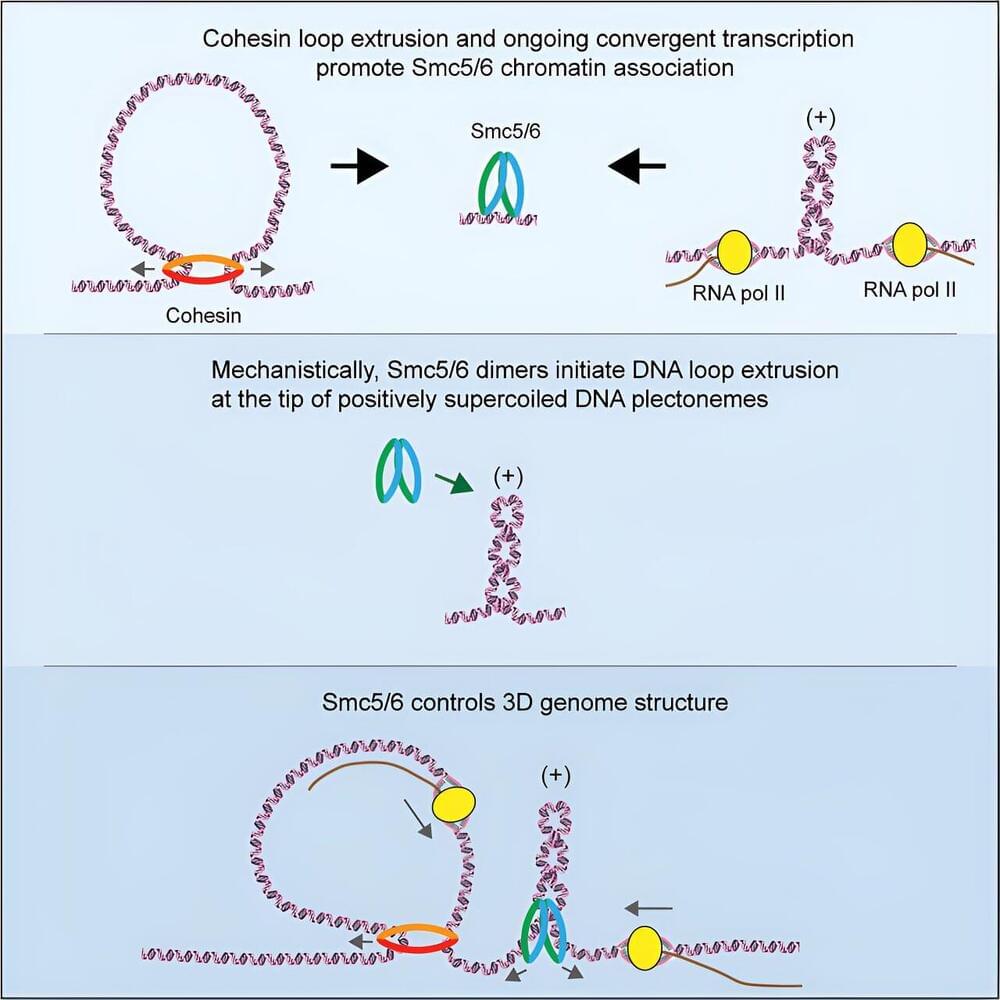Hybrid Intelligence, an emerging field at the intersection of human intellect and artificial intelligence (AI), is redefining the boundaries of what can be achieved when humans and machines collaborate. This synergy leverages the creativity and emotional intelligence of humans with the computational power and efficiency of machines. Let’s explore how hybrid intelligence is augmenting human capabilities, with real examples and its impacts on the human workforce.
Hybrid intelligence is not just about AI assisting humans; it’s a deeper integration where both sets of intelligence complement each other’s strengths and weaknesses. While AI excels in processing vast amounts of data and pattern recognition, it lacks the emotional intelligence, creativity, and moral reasoning humans possess. Hybrid systems are designed to capitalize on these respective strengths, leading to outcomes that neither could achieve alone.
In the healthcare sector, hybrid intelligence is enhancing diagnostic accuracy and treatment efficiency. IBM’s Watson Health, for example, assists doctors in diagnosing and developing treatment plans for cancer patients. By analyzing medical literature and patient data, Watson provides recommendations based on the latest research, which doctors then evaluate and contextualize based on their professional judgment and patient interaction.









